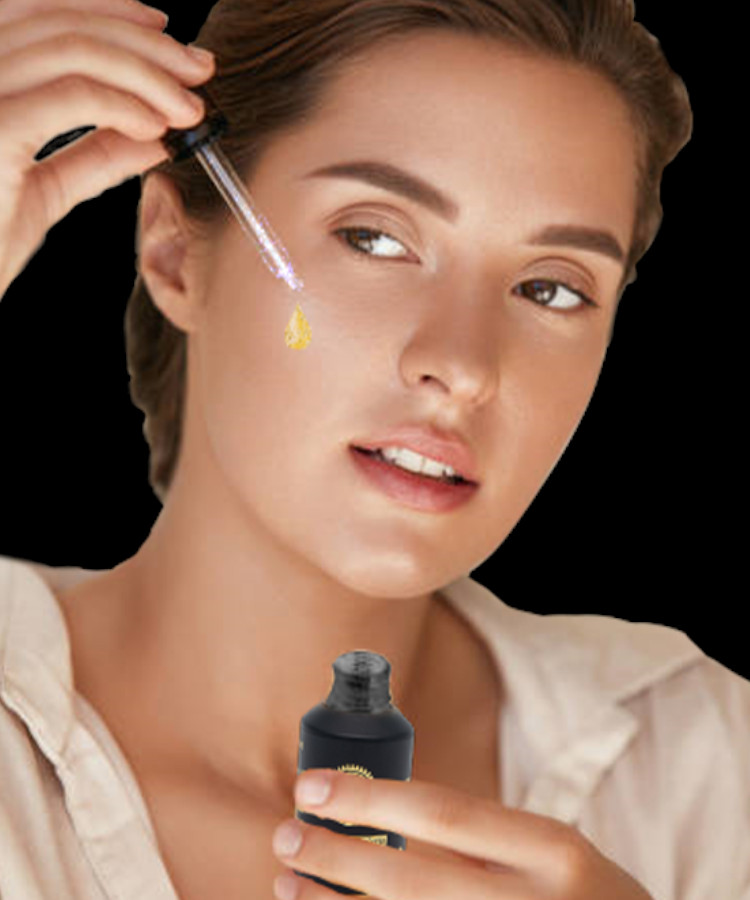Image: AZImages
“Natural Skincare that is just hiding in your kitchen” is probably the most enticing blog headline you’ve ever seen. The term natural itself provokes much of us all the time as the continuous demand for Green Manufacturing.
Having said all these, what first things come to your mind when you think of a “natural”, “home remedy” for your skin concern?
….
Have you made your list?
Was lemon included in it?
Who would never know lemon, right?
Vitamin C is a popular ingredient in every skincare product because of its potent dose of antioxidant content. As a beauty enthusiast who’s always actively checking the prices of your most-loved beauty products, at some point somehow, you may be tempted to look for cheaper alternatives. Once in your life, you probably have met someone who gave you advice that putting raw lemon directly to your face could save you your skin concern.
Now is perhaps the time to debunk this skincare myth!
First up, have you ever considered doing it?
Lemon Juice contains a high amount of vitamin C, which as we all know offers nutrition for the skin. According to Manhattan-based Dermatologist, Dr. Michele Green, lemon juice is beneficial for the skin in the sense that it helps reduce acne by reducing inflammation and oil production, helps reduce blackheads, and lessens discoloration and scarring. Having all these, it is fine to dab a wedge of raw lemon directly into my T-zone? BIG NO!
There is a huge difference between the lemon juice itself and the lemon extract incorporated as one of the ingredients of your most-loved skin ingredients. Lemon juice, aside from its skin-benefiting ingredients such as vitamin C and niacin also contains many other chemicals which are filtered out by labs.
Debunking your skincare myth about applying lemon juice directly to your skin
Lemon juice has adverse skin reactions as it contains a different composition of chemicals
The amount of chemical content of lemon varies from one another as the sun, type of soil, rainfall, a pollutant in the air, and other factors have direct influences on the chemical composition of the lemon fruit, therefore, lemons have different acids and vitamin C content making it inaccurate for us to measure up to what extent your skin could react when applied directly. The more that the lemon is acidic, the more that it becomes dangerous for the skin.
Lemon juice can cause permanent skin damage
Lemon being highly acidic can cause permanent damage to the skin as it can alter the skin’s natural pH of the skin’s acid mantle causing irritation, hyperpigmentation, and sensitivity to UV exposure.
Raw lemon juice can lead to sunburns
Lemon juice contains furocoumarin and prosalens that causes a disorder called, phytophotodermatitis, a condition which, when exposed to sunlight triggers skin irritation.
So, the next time you planned on lavishing lemon juice all over your face? Think more than twice as it can do harm than good. These compounds can only be extracted in the laboratory that perhaps explain why your most-loved vitamin C Serum comes with a cost. Remember, there is no shortcut to achieving beautiful skin.
Raw Lemon Juice is not a friend to your skin’s protective barrier
The skin’s natural pH level is around 5.5 or 6.5. The lemon juice, on the other hand, has a pH between 2 and 3 which implies that is acidic. When topically applied to the skin can cause destruction to the skin’s protective barrier. Your skin’s protective barrier is responsible for keeping moisture. When damaged, might lead to serious skin problems.
It can induce Chemical Leukoderma
Chemical Leukoderma is an acquired hypopigmented dermatosis induced by repeated exposure to chemicals.
Do-it-yourself (DIY) lemon juice skincare has strongly been linked to this skin condition. Instead of you aiming for an even skin tone, you might end up getting depigmented skin due to lemon’s strong compounds that can have adverse effects on the skin.
Again, achieving healthy glowing skin requires discipline, while all-natural may sound good to you, an ample amount of research and consideration has to be done. So, the next life gives you lemon? Make lemonade out of it! Savor your lemonade juice instead of you lavishing it all over your face.
If you are new to our blog, we very much love to welcome you with a warm hug. We have been so active in promoting women’s empowerment and self-love. We’d love to invite you to become a B&A Insider and get the latest beauty tips, news, product notification, and exclusive promotions in your box. We’d love to be with you on your self-care journey. Allow us to be your one-stop shop for all your beauty concerns. Subscribe to our Newsletter.




Get the latest beauty tips,news,product notification and exclusive promotions in your box!
Subscribe to our Newsletter, we are excited for you. Be part of our mailing list by simply signing up below!